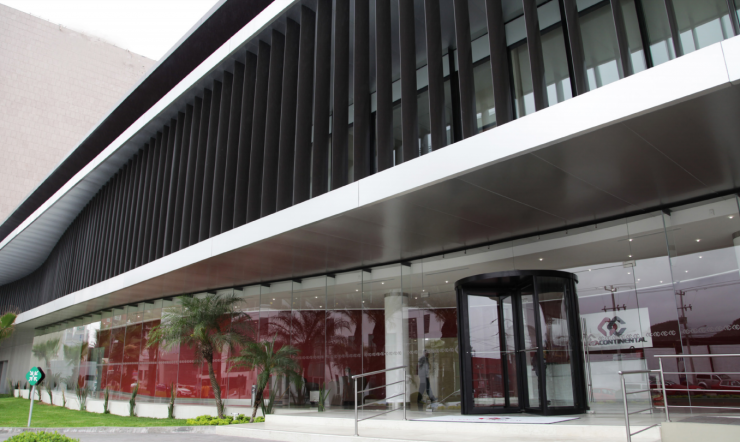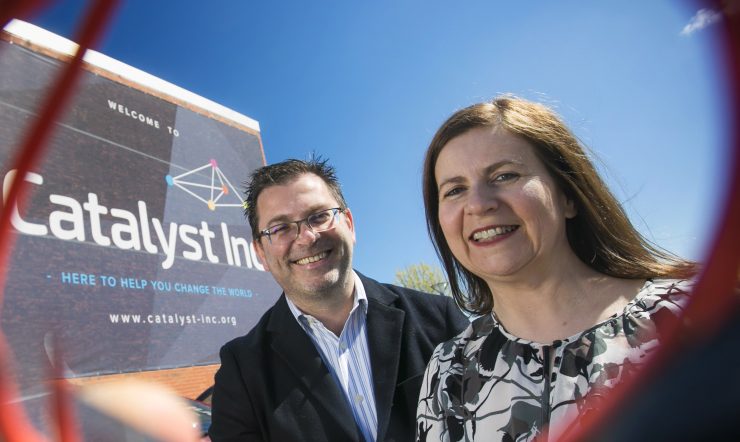Business growth in the digital age is faster than ever before, but it doesn’t come without its own hurdles. While rapid growth is a positive for any business, inherited legacy systems and outdated practices can quickly pile up as businesses expand and acquire.
This was a hefty challenge faced by Nordic energy giant Gasum, who found that individually tailored ERP systems across its multiple international operations were greedily consuming employee time and requiring specialised staff to operate. A move to Dynamics 365 was just the bright spark it needed to bring some cloud-powered organisation to its process chaos.
Operating across Finland, Sweden and Norway, Gasum owns 12 bio-gas refineries and is the largest processor of biodegradable waste in the Nordics. The tides are quickly changing within the organisation itself, with several large acquisitions and new laws coming into play regulating how energy companies must be run. Alongside its mission to increase sustainable methods of energy provision, it needed a way to manage this mess of ERP systems.
Cloud-based convenience
Gasum chose to make use of the flexibility and simplicity of cloud-based systems with Microsoft Dynamics 365. After shifting more than half of its systems to the cloud, it has seen more resources freed up for new initiatives, fewer costs caught up in on-premises solutions, and an enhanced and streamlined workflow between operations. Gasum is certain the future of energy provision lies in the cloud.
It’s quite a common problem with companies using legacy systems because there are many different set-ups that are quite unique. It means you need people who understand the tailoring in order to make changes. Now we have Dynamics 365, we have wider possibilities to use different vendors, because the set-up is standard and well known.
Read the full Customer Story


























